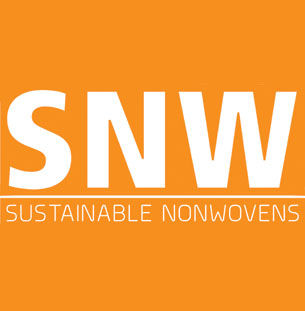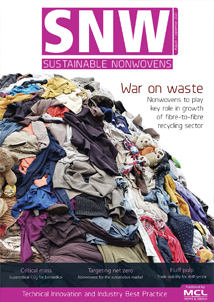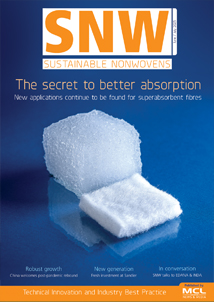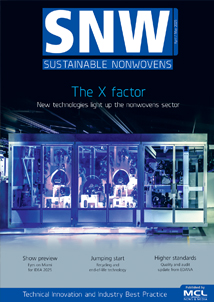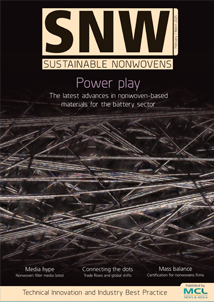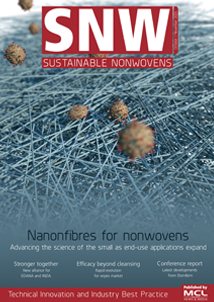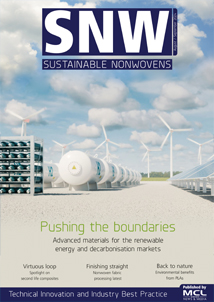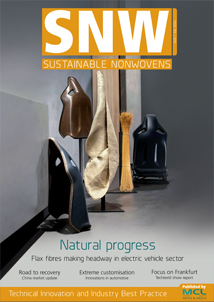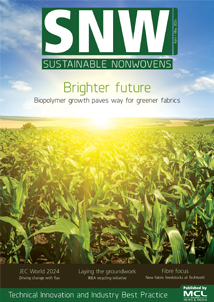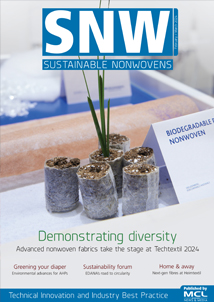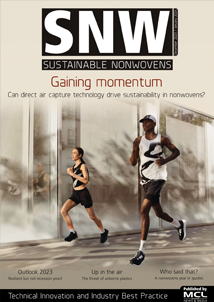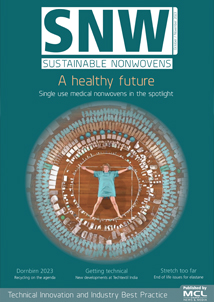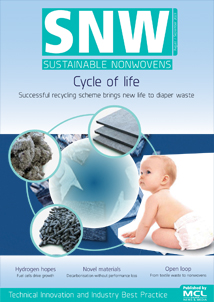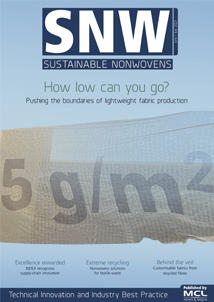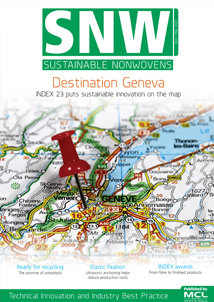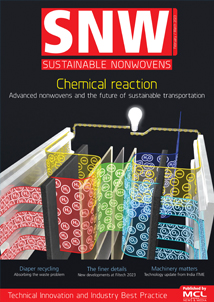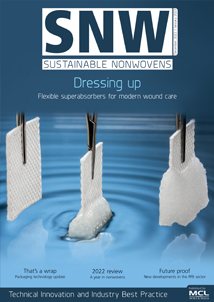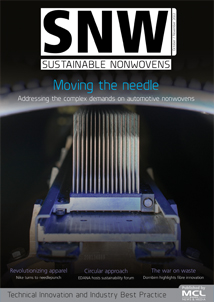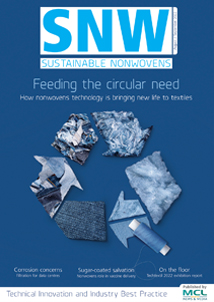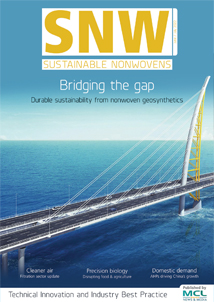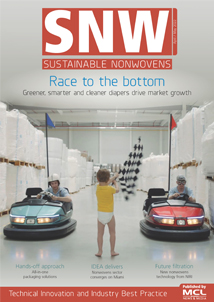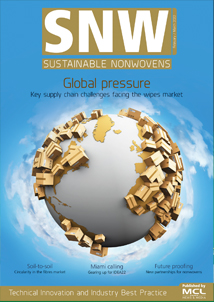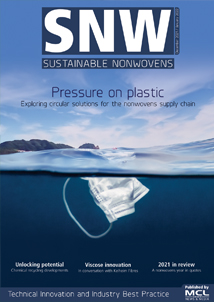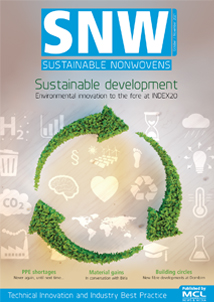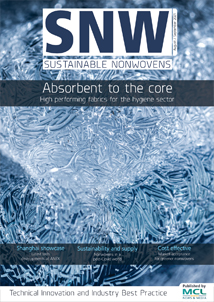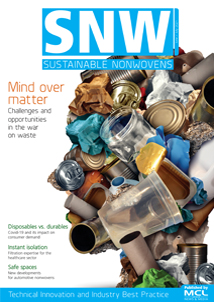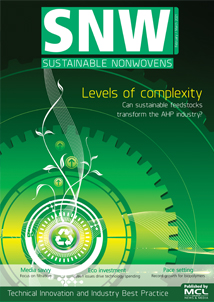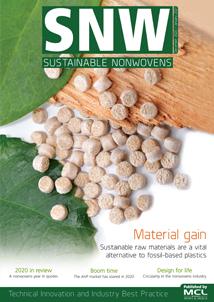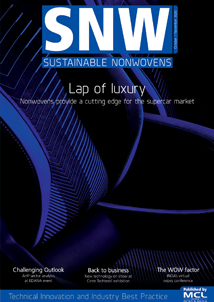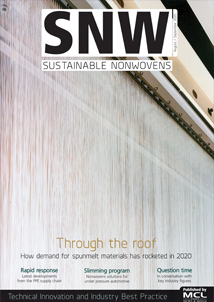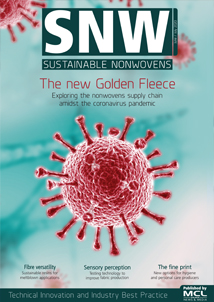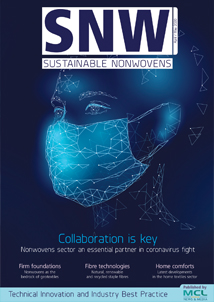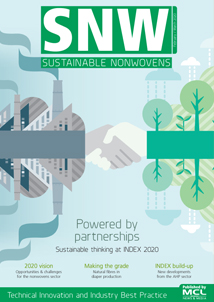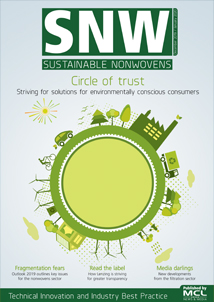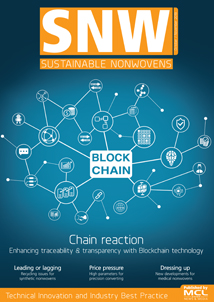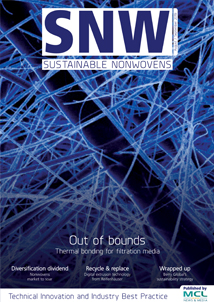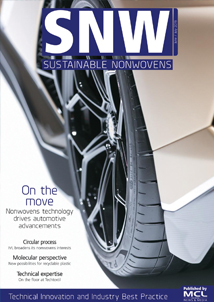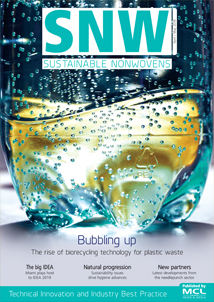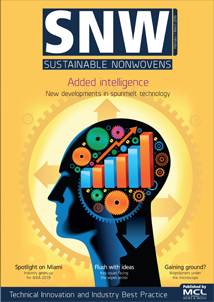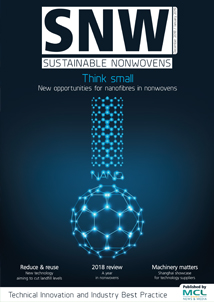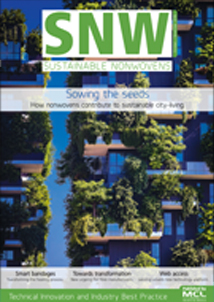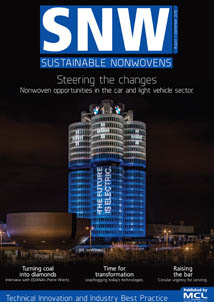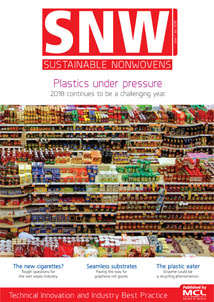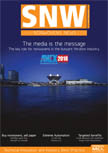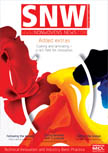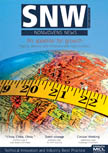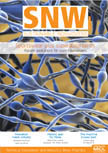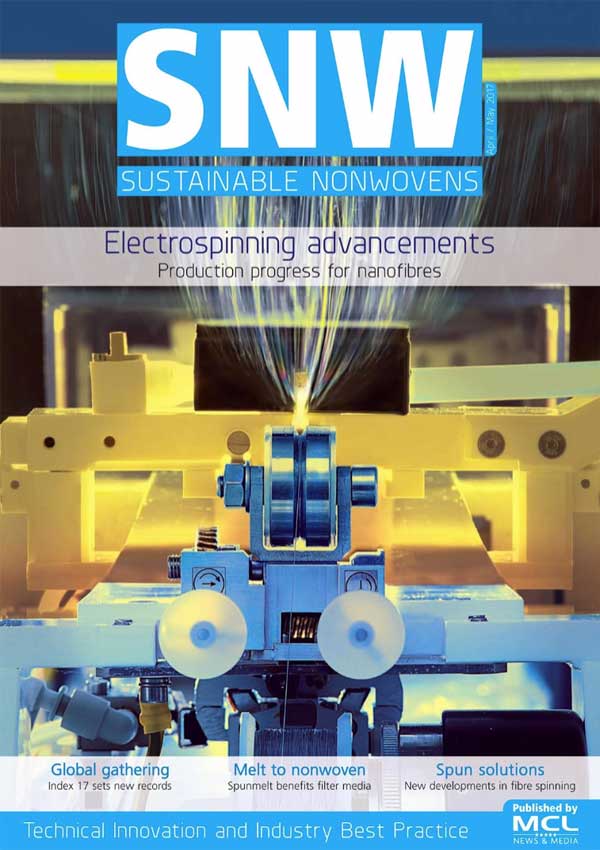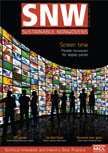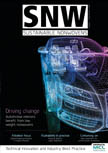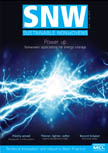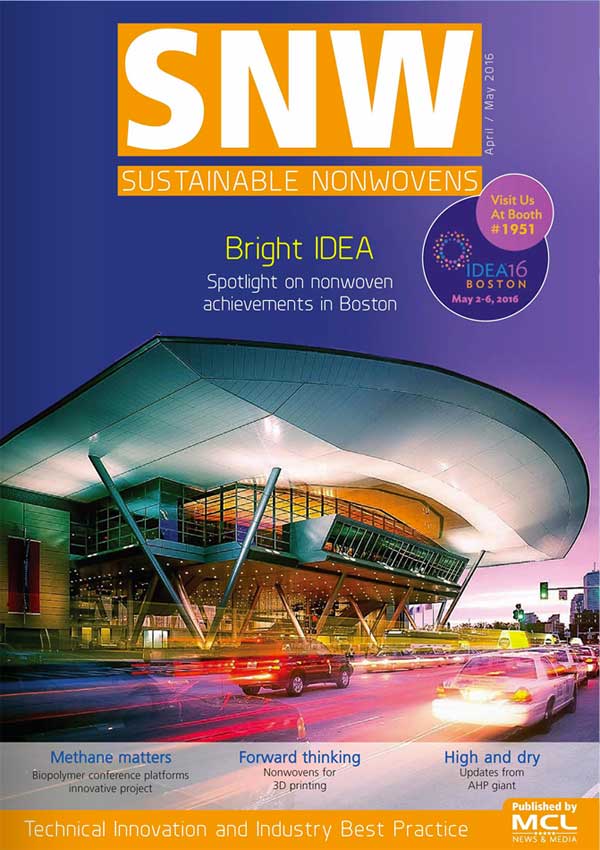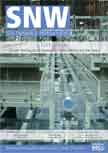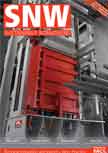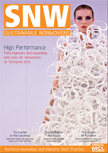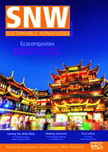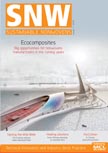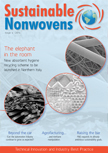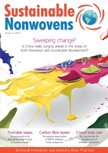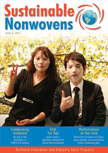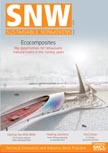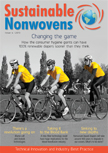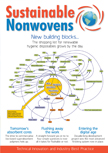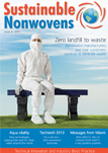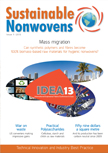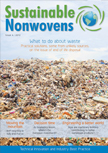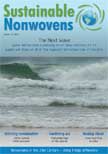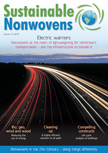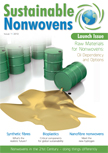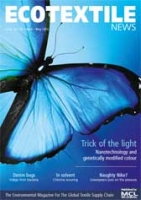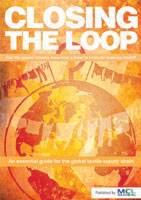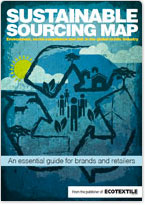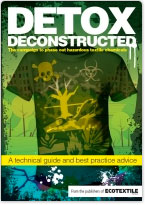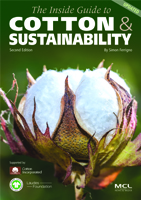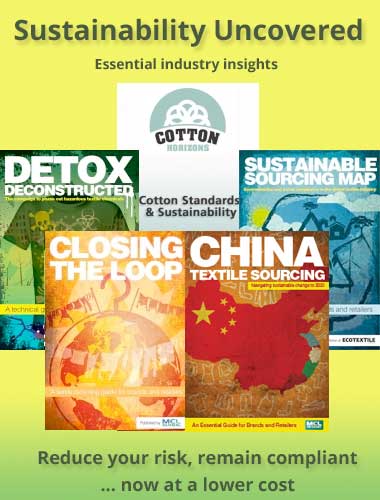Page 3 of 3
It has been suggested that the controversial practice of shale gas fracking – prohibited so far, in most of Europe, of course – will make space for more biochemical developments, in preference to biofuels. What is your view on this?In Europe, the policy debates around issues such as GMOs – genetically modified organisms – have created a precedent and reinforced resistance against similar developments such as shale gas fracking. Current discussions on the application of nanotechnologies are another example of this trend. This means that it is unlikely that technologies related to fracking or perceived as such will see a major breakthrough in Europe, unless they have been proven safe beforehand in other parts of the world.
And the same applies to biofuels?
Yes – again partly due to the defiance against GMOs, as well as the negative perception of using food crops for fuel and well-founded doubts as to their real total life-cycle benefits. In this context, while energy or fuel-related applications of biochemistry are meeting stiff resistance, applications in materials and products are more likely to develop – in spite of the fact that public spending is paradoxically still heavily biased in favour of energy and fuel applications of biochemistry.
EDANA’s 2013 events to date have been in South Korea, Russia and Singapore, what are the overall impressions of the current state of the industry you’ve taken away from them?
We have had instant support at both the Outlook Asia event in Singapore in March and at the Filtrex Asia event in Korea in May earlier this year. The response was so positive, in fact, that at both events – with the support of major local companies, our members and the EDANA leadership team – we immediately announced the following edition of both events. This means that we’ll be returning to Singapore for Outlook Asia in November 2014, and to Hong Kong for Filtrex Asia in April 2015.
During the conferences, I was pleased to speak with representatives from companies across the Asia Pacific who told me that while there are certainly challenges coming from the pressures to manufacture under ever-shrinking margins, there are also huge opportunities, as new consumers and new applications are found for nonwoven products.
Across the Asia Pacific, like in emerging countries in general, women from the growing middle-class are usually the first enthusiastic users and ‘prescribers’ of personal care products
As far as filter media are concerned, growing awareness of the priority need to improve air pollution control and indoor air quality – two of the main themes of Filtrex Asia – appear to be the main drivers for change in Asian markets.
Why is support for globalised trade and a separate trade definition so important to the industry?
Today, a large number of our member companies operate either globally or across national borders – or they will in the near future. Creating a level playing field on tariffs will benefit them greatly as they, and the nonwovens industry, expands.
For the good of the industry and as a principle that goes to the very heart of our support to companies across the globe, EDANA believes in free and fair trade.
In supporting free and fair global trade, we support the elimination of tariff and non-tariff trade barriers. Even if this is not necessarily a pre-requisite, a harmonised definition and better understanding of nonwovens could definitely help reach this objective. From discussions with companies, and from my long industry experience, I have been made aware of the measures taken in order to protect local traditional textiles industries against the low cost competition from Asian textile and clothing products. Nonwovens, which are currently still classified as textile products, are very often impacted by this in a way that was never intended.
A separate classification of nonwovens as an industry in its own right, outside the textiles definition, and the recognition of nonwovens as high-tech engineered fabrics, would be likely to stop them from being caught up with other products under rules which were never meant to apply to them.
This is why, responding to the rapidly expanding international nature of the nonwovens industry, EDANA and INDA, our sister association in North America, work together to aggressively advocate policy changes that will enhance nonwoven trade between countries. We recognise that this will be a long road, but are committed to ensuring that our members’ products are properly defined and fairly treated.
